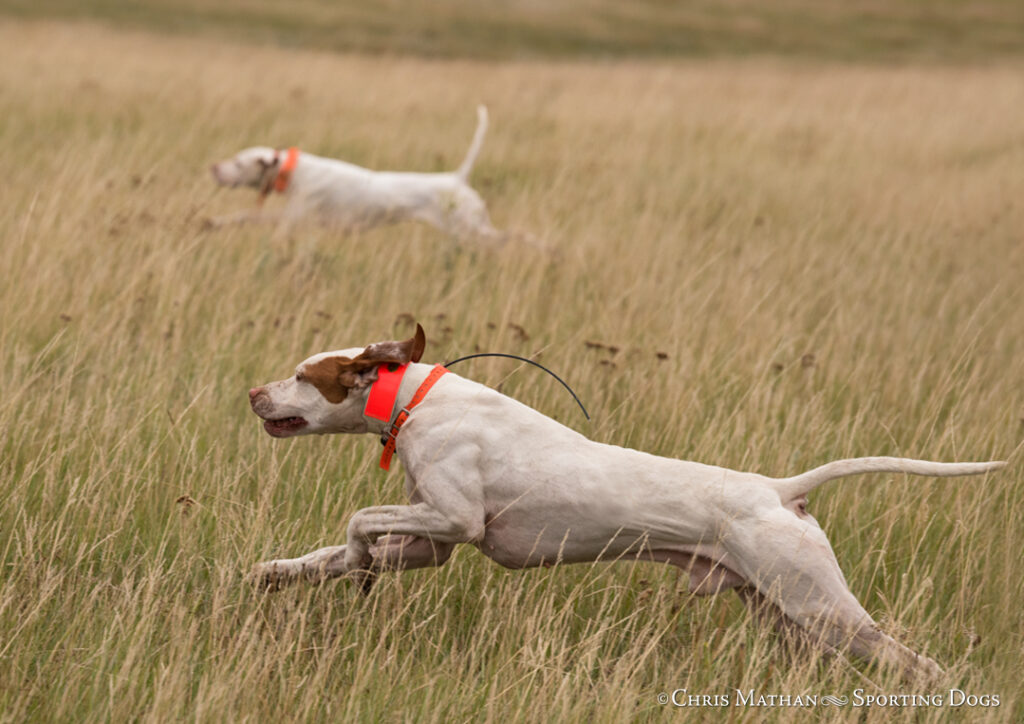The field trial sport (please do not call it a “pastime”) is under stress like never before. First run in the US in 1874, trials have survived recessions, depressions, world wars, pandemics. But in these prosperous times they show the undeniable signs of stress and decline: shrinking entries, especially in the All-Age category, and retirement of pro trainer-handlers.
Moreover, long-held key events have disappeared from the annual calendar: the Canadian prairie trials, the US prairie open trials, the Florida Open-Age Championship, the National Free-For-All Championship (as a three-hour stake).
Field trials, especially All-Age trials, are important to the quality of our dogs. Without the tests of competition, the extreme athletes are lost to the gene pool, and experience (competition) has shown that greatness is passed on through the extreme athletes. A few top sires (and blue hens) account for winners in succeeding generations in all categories. Great dogs do not come from ordinary parents.
Without the influence of the best, the overall quality of a breed quickly declines. Every hobby breeder has experienced this firsthand (for example, it was through outcrosses to All-Age champions that Bob Wehle kept up the quality of the Elhews—look at their pedigrees).
So, what is my suggestion for field trial clubs? Become Internal Revenue Code Section 501(c)(3) organizations. This will make contributions to the club income tax deduct to donors. (Most clubs are currently 501(c)(7) organizations so their income on investments is not taxable to them, but donors do not receive deductions for their gifts to them). Many of those clubs can qualify for 501(c)(3) status, as the Continental Field Trial Club, Inc. did in 2019. Ask a qualified tax lawyer or accountant.
